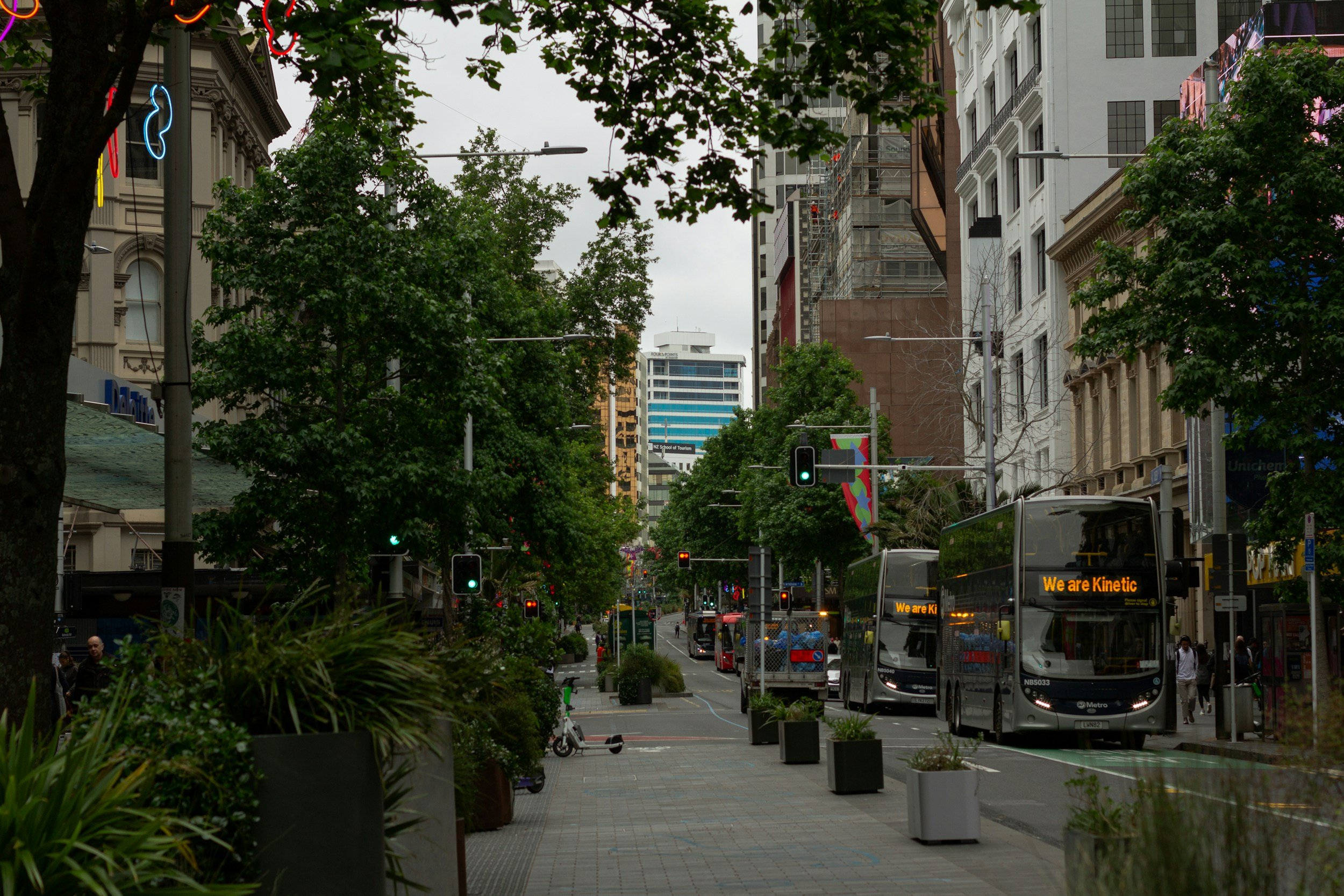Changes to the Skilled Migrant Category Resident Visa in New Zealand
Changes to the Skilled Migrant Category Resident Visa in New Zealand
The New Zealand Government has announced important updates to the Skilled Migrant Category (SMC) Resident Visa, with changes designed to help employers retain skilled workers and strengthen long-term economic growth. These new immigration policies introduce two additional residence pathways, updated eligibility requirements, and revised points for qualifications. The changes will officially come into effect in August 2026.
Two New Residence Pathways Under the Skilled Migrant Category
The new SMC Resident Visa pathways aim to make it easier for skilled migrants and tradespeople to gain residence in New Zealand.
1. Skilled Work Experience Pathway
For migrants working in skilled roles (ANZSCO skill level 1–3).
Requires at least five years of directly relevant work experience, including two years in New Zealand.
Applicants must earn at least 1.1 times the New Zealand median wage during their NZ employment.
2. Trades and Technician Pathway
For migrants in specified trades or technician roles.
Must hold a relevant Level 4 or higher qualification.
Require at least four years of post-qualification experience, with a minimum of 18 months in New Zealand paid at or above the median wage.
These pathways recognise the contribution of practical skills and address New Zealand’s workforce demands in both professional and technical fields.
Key Changes to the SMC Resident Visa
Alongside the new pathways, several other changes will impact applicants:
Increased points for New Zealand qualifications: Migrants with NZ university-level qualifications will have a stronger chance of transitioning to residence. This supports the Government’s International Education Growth Plan by encouraging more students to study in New Zealand.
Reduced work experience requirements: The New Zealand work experience requirement has been reduced from a maximum of 3 years to 2 years for most migrants, improving competitiveness compared to other countries.
Updated wage requirements: The previous rule requiring migrants to earn a higher wage rate when applying for residence has been removed. Now, applicants only need to maintain at least the median wage throughout their New Zealand work experience period.
Targeted eligibility for certain roles: Some occupations will have additional criteria to ensure immigration policies remain focused on genuine skill shortages.
Why These Immigration Changes Matter
These updates to the Skilled Migrant Category Resident Visa are part of the Government’s Going for Growth programme, which also focuses on refining the Accredited Employer Work Visa (AEWV), strengthening education outcomes, and supporting youth into employment or training.
For employers, the changes provide better opportunities to retain long-term skilled staff. For migrants, it creates clearer and more achievable residence pathways in New Zealand, especially for those with strong work experience or trade qualifications.
When Will the New Rules Take Effect?
The changes to the Skilled Migrant Category Resident Visa will come into effect in August 2026. Immigration New Zealand will release detailed guidance on how to apply closer to the implementation date.
Need Help Understanding Your Options?
If you are a skilled worker, tradesperson, or employer in New Zealand, these changes could directly affect your residence visa eligibility. Preparing early will give you a competitive advantage once the new policies are live.
👉 Contact Kiwiana Immigration today for a free eligibility assessment and personalised guidance on your pathway to residence under the updated Skilled Migrant Category Resident Visa.
Source: INZ






Stay updated with the latest New Zealand immigration news, including upcoming changes to student visa work rights, new policies from Immigration New Zealand, and updates on study and work visa pathways. Learn how these changes impact international students, work rights, and future migration opportunities.